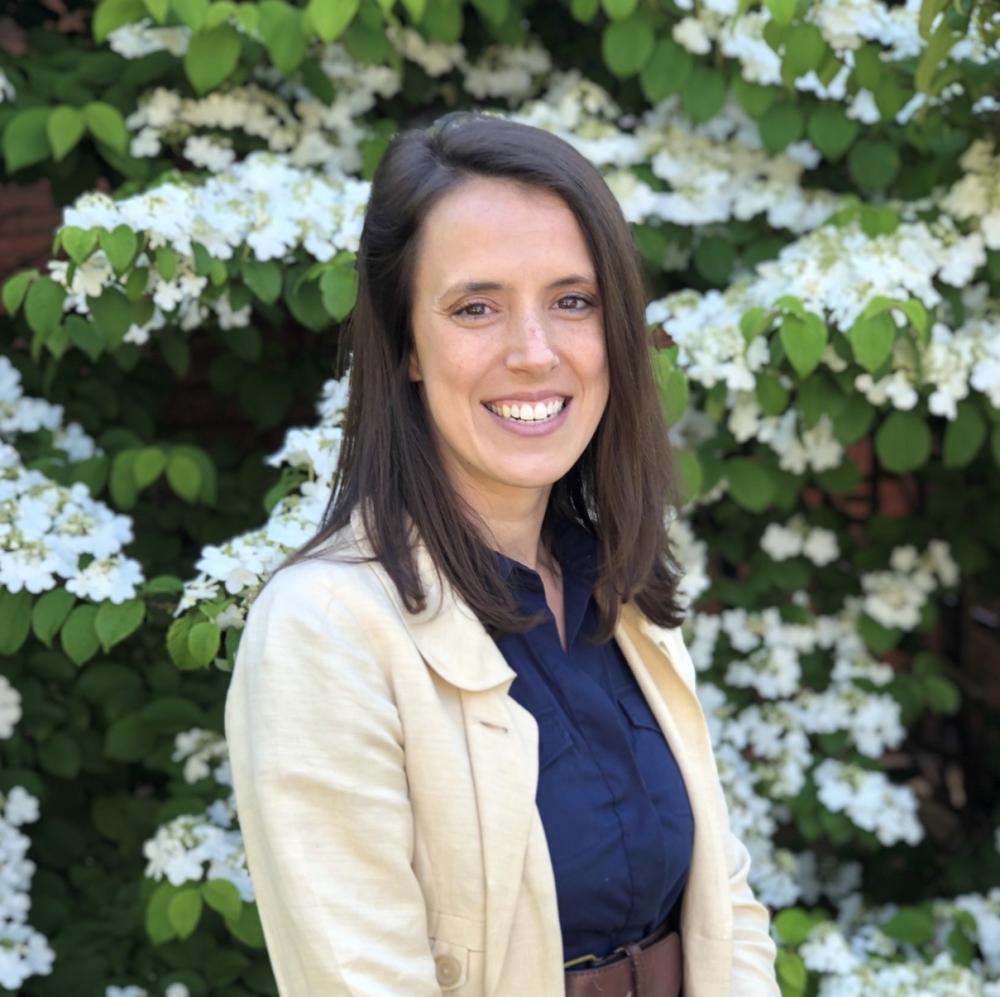
The world’s wealthiest, most polluting nations have yet to fulfill their 2009 commitment to finance climate adaptation and mitigation funds for developing nations. Leaders of the 55 countries most vulnerable to climate change, known as the V20, are getting creative ahead of the U.N. COP27 climate talks next month.
Finance ministers from the V20 are considering a plan to stop payment on a combined $685 billion in debt until the International Monetary Fund (IMF) and the World Bank address climate change the way their nations see fit. Their goal is to create a plan to swap some of their debt for climate adaptation and conservation projects.
This announcement comes at a precarious time for climate finance, as world leaders prepare for COP27 in Sharm el-Sheikh, Egypt. Negotiations to settle which countries should pay for climate disasters are set to be at the heart of this year’s climate conference, as vulnerable countries that have historically emitted the least amount of greenhouse gases are dealing with catastrophic climate-related disasters. The United States, Europe, and other high-polluting, wealthy countries are expected to push back against requests to fund climate adaptation and mitigation projects in developing countries at COP27.
Though the wealthy countries that were historically the largest emitters of greenhouse gases agreed to finance $100 billion per year in climate adaptation and mitigation projects for developing countries at the 2009 Copenhagen Summit, they never followed through on their promise. Now, many of the same countries oppose creating a fund to finance the damages caused by climate disasters because they do not want to be held liable for the costs. At the same time, developing island countries vulnerable to climate hazards spend at least 18 times more on debt servicing than they receive in climate finance.
IMF Managing Director Kristalina Georgieva said she is open to the idea of a debt-for-climate swap for V20 countries. “We have to find a way to link two problems with one solution, and the problems are climate and debt. The solution: debt for climate swaps,” she said at the annual meetings of the IMF and World Bank this week. Georgieva committed to work with the World Bank to advance a debt swap plan at COP27 in November.
While the IMF director is committed to working with the V20 to create climate finance solutions, the World Bank president has been conspicuously absent from V20 talks. In September, World Bank President David Malpass made public remarks doubting the effect human activity and fossil fuel consumption has on global warming and climate change. The U.S. and European countries responded to Malpass’s comments with swift condemnation and a call to increase the scale and speed of climate finance.
Research from the V20 indicates that climate shocks, caused largely by carbon emissions from developed nations, have wiped out 20 percent of vulnerable countries’ wealth over the last 20 years. “V20 economies would be 20 percent wealthier today had we not been suffering the daily toll of climate loss and damage. In aggregate dollar terms, this is half a trillion in losses," said Mohamed Nasheed, former president of the Maldives and current ambassador for the V20. "For the most at-risk V20 economies, the loss exceeds total growth. We are experiencing losses and damages from the climate emergency every day, and yet we have contributed the least to emissions.”
The V20 is calling on wealthy nations to make good on their promise of $100 billion per year to finance climate adaptation and mitigation, and it is also asking international financial institutions to implement a debt-for-climate swap in order to free up capital for adaptation and mitigation projects. Ken Ofori-Atta, finance minister of Ghana and current V20 chair said: “As economic managers, it has long been clear to us that climate change is not a distant challenge. It has set ablaze not only many of the world’s forests, but also our fragile national budgets. Climate change is simply compounding existing and increasingly acute fiscal stress.”
In addition, the V20 has asked the World Bank and IMF to officially recognize the group as an official constituency. Finally, the group is also asking for developed countries to present an implementation plan for their 2021 commitments made at COP26 and to double their collective international climate finance funds.
Image credit: Seiji Seiji via Unsplash

Mary Riddle is the director of sustainability consulting services for Obata. As a former farmer and farm educator, she is passionate about regenerative agriculture and sustainable food systems. She is currently based in Florence, Italy.














